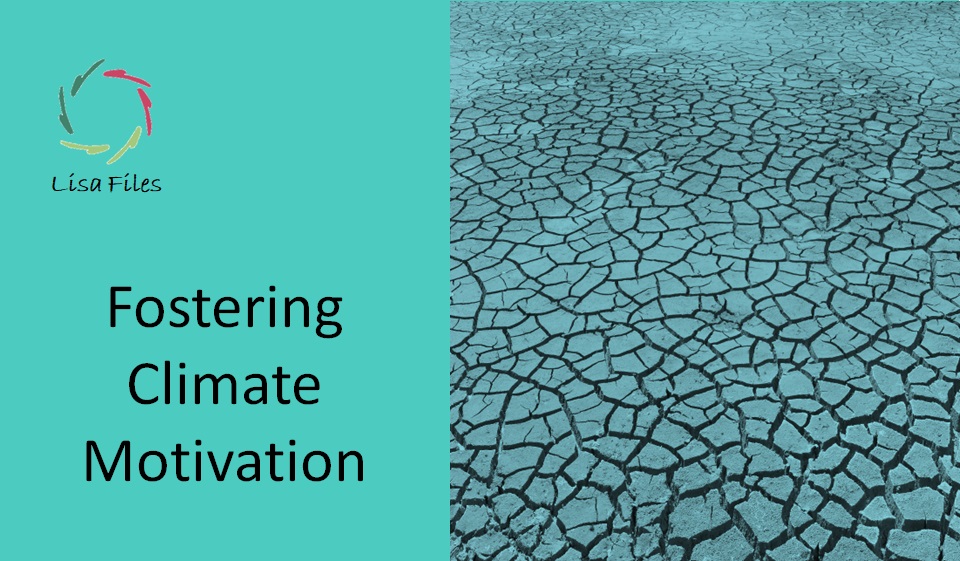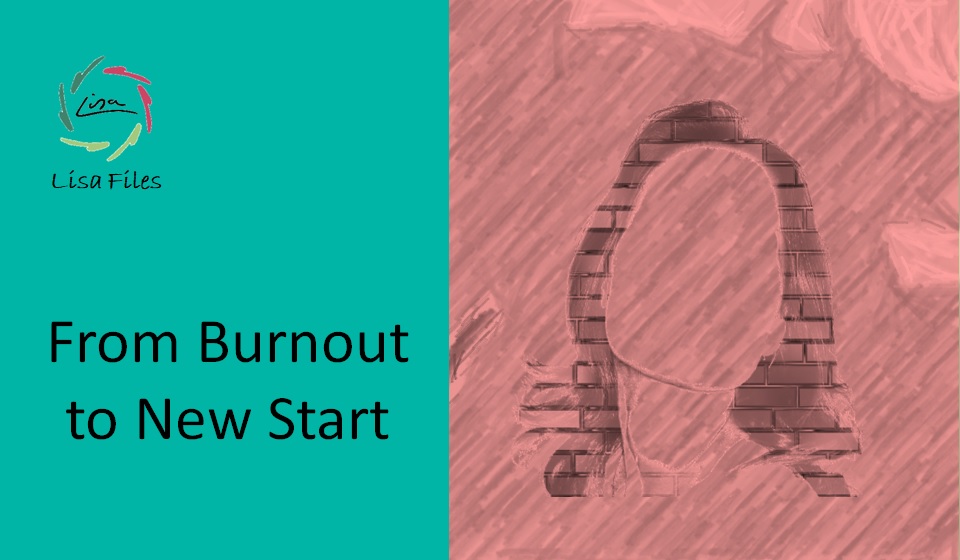Fostering Climate Motivation

This is the introduction to a Lisa File (38 p.). If you want the whole file, please contact lisa@aurelis.org, stating who you are and why you want the file. For more about the Lisa Files, click here.
Pressing challenge
Climate change presents one of the most pressing challenges of our time, intertwining environmental sustainability with economic and social dynamics that affect every corner of the globe. Despite the overwhelming scientific consensus on the urgent need for action, there remains a notable gap in individual and collective motivation to address these environmental issues effectively.
This document explores the complex landscape of climate motivation, uncovering the psychological and sociocultural barriers that hinder our engagement and proposing strategies to overcome them.
The human factor
As we delve into this exploration, it becomes clear that understanding the nuances of human behavior and emotion is key to catalyzing the required action to mitigate climate change.
This document not only outlines the factors contributing to the lack of motivation but also presents innovative ways through which motivation can be enhanced. From educational reforms that make climate science accessible and relevant to policies that align economic incentives with environmental goals, each strategy is dissected to reveal its potential impact and implementation challenges.
Compassionately
Moreover, this analysis is deeply enriched by the principles discussed in the blog “Compassion, Basically,” included in the appendix of this document.
Compassion—often overlooked in technical and policy-driven discussions—emerges as a potent tool for fostering deeper connection and commitment to climate action. It encourages a shift from viewing climate change as a distant, abstract threat to understanding it as a personal and immediate issue that impacts all forms of life.
This document is a call to action.
It invites policymakers, educators, environmentalists, and citizens to reevaluate how we engage with the concept of climate change. It challenges us to transform apathy into action, leveraging Compassion as a driver for deeper emotional and rational engagement. The strategies proposed here aim to ignite a comprehensive movement towards sustainable living, not through fear or obligation, but through a reawakened sense of responsibility and care for our planet.
Roadmap
In reading this, you are taking a vital step towards understanding and enhancing climate motivation in your community and beyond. This document is not just a resource—it is a roadmap to fostering a motivated, informed, and Compassionate populace ready to take meaningful action against climate change. Engage with this material, let it inspire you, and become part of the transformative wave of change needed to safeguard our planet for future generations.


